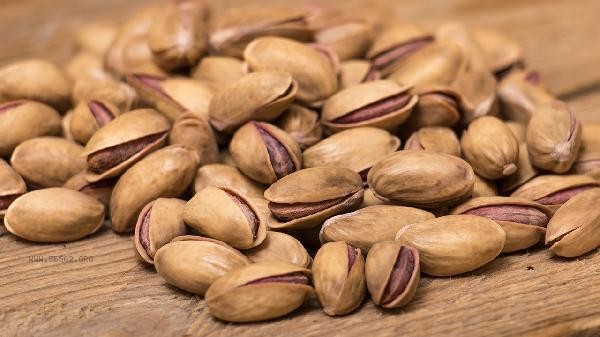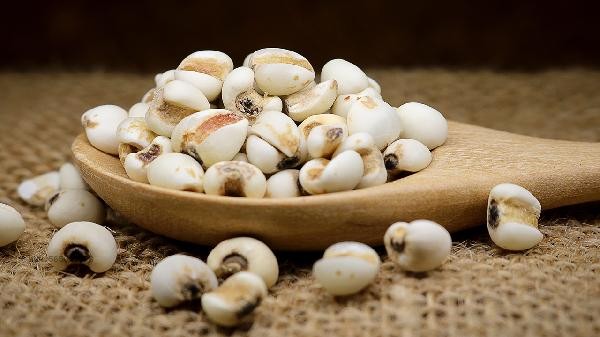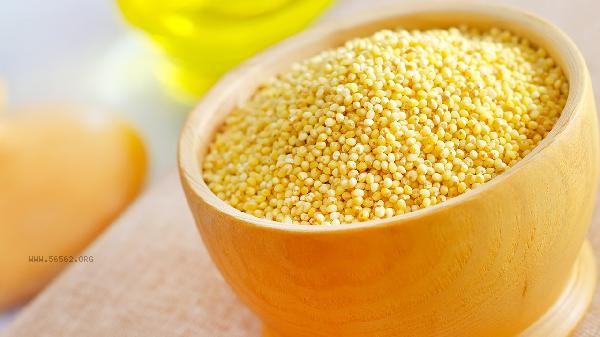High fat and high-energy foods mainly include fatty meat, fried foods, cream products, nuts, chocolate, etc. These foods usually contain a large amount of fat and calories, and moderate consumption can provide energy for the body, but excessive consumption may increase the risk of obesity and chronic diseases.

1. Fatty meat
Fatty meat such as pork belly, pig trotters, beef brisket, etc. has a high fat content and can provide a large amount of calories per 100 grams. The proportion of saturated fatty acids in animal fat is relatively high, and long-term excessive intake may affect blood lipid levels. When cooking, it is recommended to remove visible fat layers and consume vegetables to balance the dietary structure.
2. Fried food
The oil absorption of fried potato chips, fried chicken, deep-fried dough sticks, etc. after high temperature frying can reach 15% -30%, with a significant increase in heat. The frying process produces trans fatty acids, and repeatedly used frying oil may also generate harmful substances. It is recommended to control the frequency of consumption and choose low oil cooking methods such as air fryers as alternatives.
3. Cream products
Butter, cream cakes, ice cream, and other dairy products contain more than 20% fat, and some desserts may also add a large amount of sugar. Although breast fat contains nutrients such as vitamin A/D, it is recommended to control the daily intake within 25 grams. People with lactose intolerance should pay attention to choosing plant-based cream alternatives.

4. Nuts
Walnuts, cashews, and macadamia nuts have a fat content of 40% -70%, mainly composed of unsaturated fatty acids. Despite being rich in vitamin E and minerals, 100 grams of nuts are equivalent in calories to two bowls of rice. It is recommended to consume no more than 30 grams per day and prioritize raw, unprocessed products.
5. Chocolate
Dark chocolate has a fat content of about 30% -50%, while milk chocolate has a higher calorie content due to the addition of milk fat and sugar. Although polyphenols in cocoa butter are beneficial to health, cocoa butter substitutes may contain trans fats. Choose products with a cocoa content of over 70%, and the daily intake should be controlled at around 20 grams.

High fat and high-energy foods should be controlled in total in daily diet, and it is recommended to consume them together with vegetables and fruits rich in dietary fiber. When cooking, it is recommended to use low-temperature methods such as steaming and stewing to avoid repeated high-temperature frying. Special populations such as obese and hyperlipidemic patients should strictly limit their intake, and the daily fat to energy ratio for ordinary healthy adults should not exceed 30%. maintaining regular exercise helps burn excess calories and maintain energy balance.








Comments (0)
Leave a Comment
No comments yet
Be the first to share your thoughts!